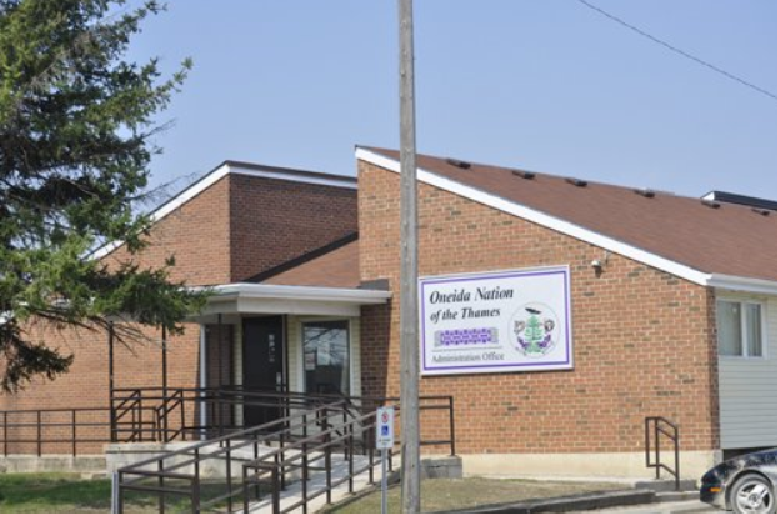A London, Ont.-area First Nation has issued a boil water advisory for the community that the chief says is 13 years overdue.

Oneida Nation of the Thames First Nation issued a statement on its Facebook page on Thursday, urging anyone who uses the drinking water supply — which comes from the Thames River — to bring their water to a rolling boil for at least one minute before using it for drinking, brushing their teeth, washing produce, or other tasks that could result in consuming the water.
Chief Jessica Hill tells 980 CFPL the water system does not meet minimum standards set out in 2006 with the passing of Ontario’s Clean Water Act. The discovery was made by engineers with Neegan Burnside Ltd., which is conducting a capital plan study for Oneida Nation of the Thames.
Hill was shocked by the news.

Get weekly health news
“Finding this out was unbelievable.”
“We found this out and this was reported to us when we were in a meeting with the capital planning study engineering firm and Indigenous Services Canada (ISC). So they know about this, I’ve sent it to them, I’ve made sure that they’re aware of it but I have not heard anything back from them.”
Hill says most residents didn’t drink the water anyway because of suspicions that it wasn’t safe. Now, she says, the engineers have confirmed their fears by reporting that the water is vulnerable to high-risk pathogens including E.coli.
“We bought all the water that was available to be purchased in London, Ont., on the 26th to be able to provide drinking water for our community members. Now that’s very expensive.”
Hill says Oneida Nation of the Thames First Nation’s water supply comes from the Thames River which is vulnerable to wastewater from the City of London. London’s sewer system initially combined sanitary and storm sewers in many areas, which sometimes saw wastewater overflow into the river during heavy rain events, but a project is currently underway to separate the sewers to address this issue.
Hill would prefer that Oneida Nation of the Thames connect to the Lake Huron and Elgin Area water systems, which both provide water for London.
Hill says she sent a meeting request to a regional representative and had yet to hear back as of late Monday morning.
On Tuesday, ISC confirmed to 980 CFPL that it agrees with the independent assessment from Neegan Burnside Ltd. and also recommends the boil water advisory. However, ISC notes that there is no indication yet of “any health or safety concerns” and describes the boil water advisory as “precautionary.”
It also confirms that the system “does not meet the 2006 federal and provincial standards for minimum treatment requirements.”
“ISC spoke with the community this (Tuesday) morning and will reach out at a senior level to further discuss how to improve the water treatment infrastructure so that it meets the necessary standards,” a statement read.
- Stepfather of two missing N.S. kids charged with sexual assault of adult, forcible confinement
- 10 people abducted from Mexico mining site, confirms Vancouver-based firm
- Canadians have billions in uncashed cheques, rebates. Are you one of them?
- Is Canada making progress in knocking down internal trade barriers?











Comments